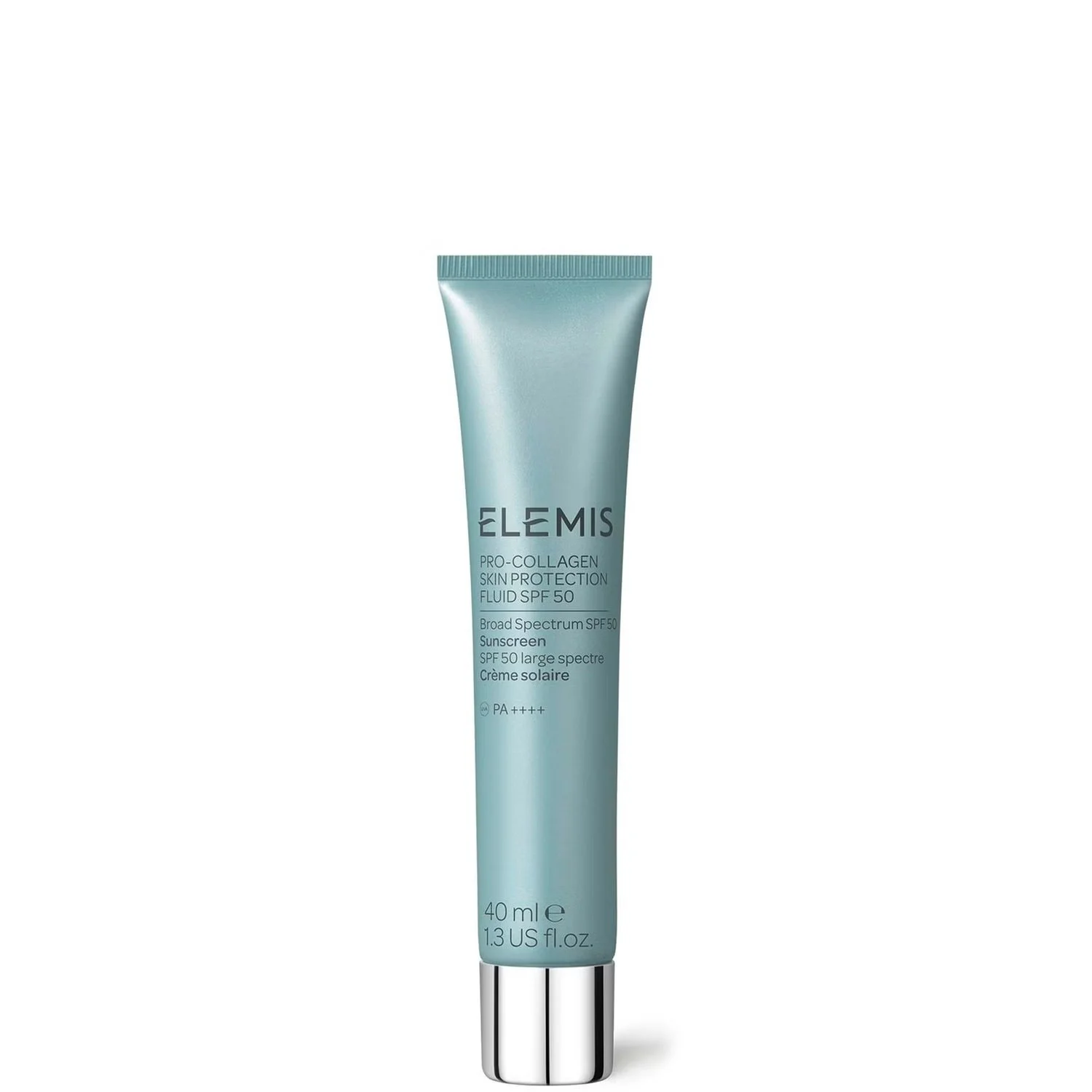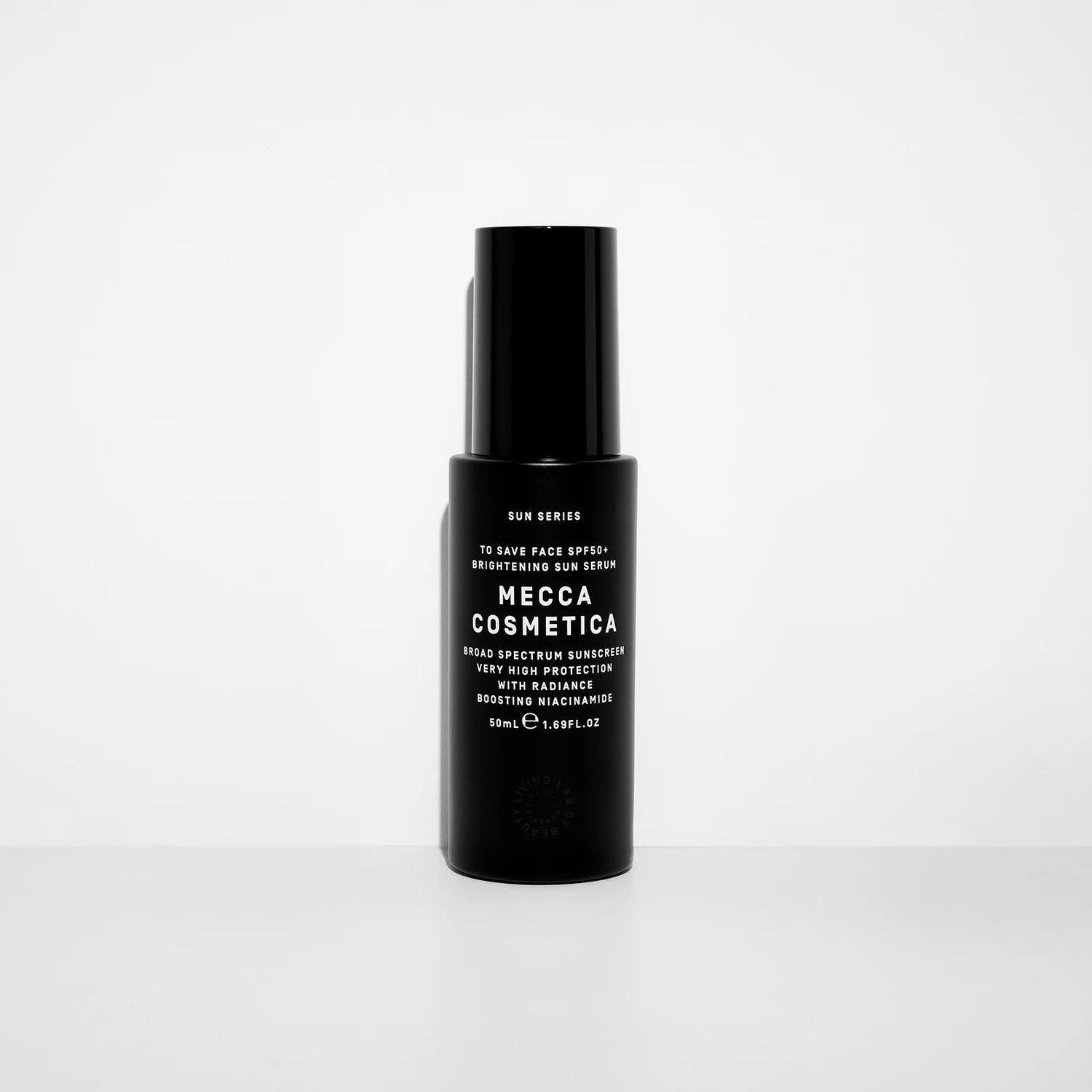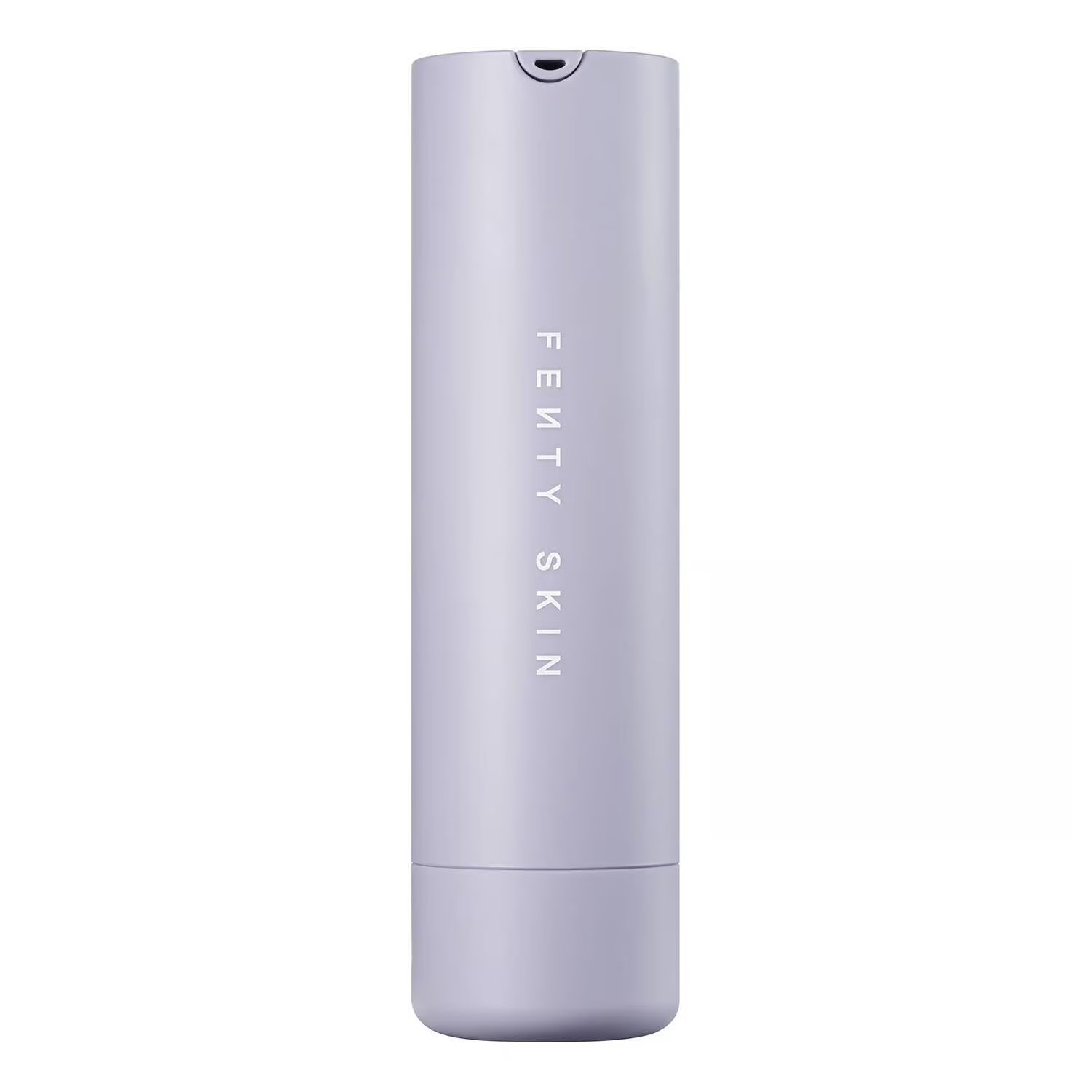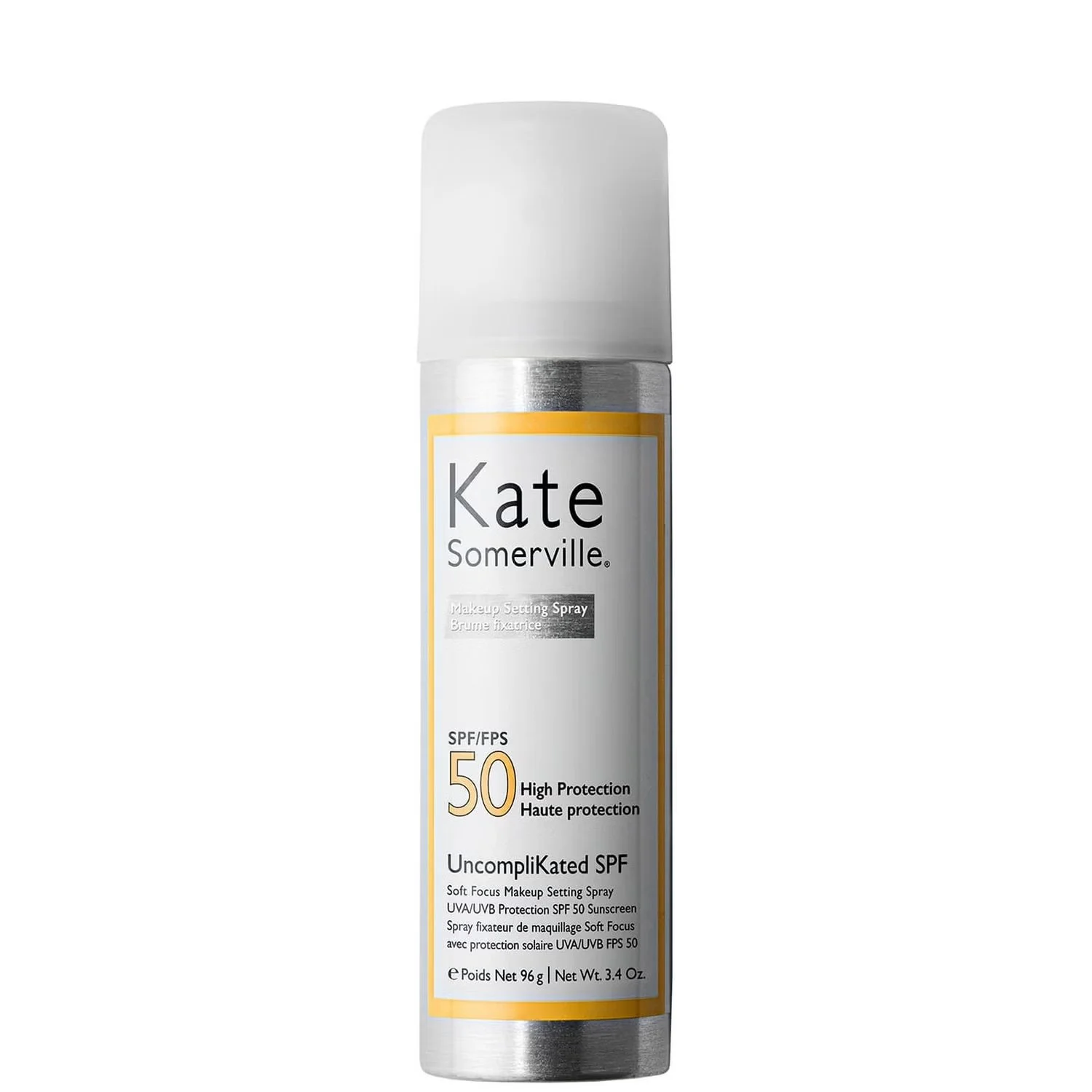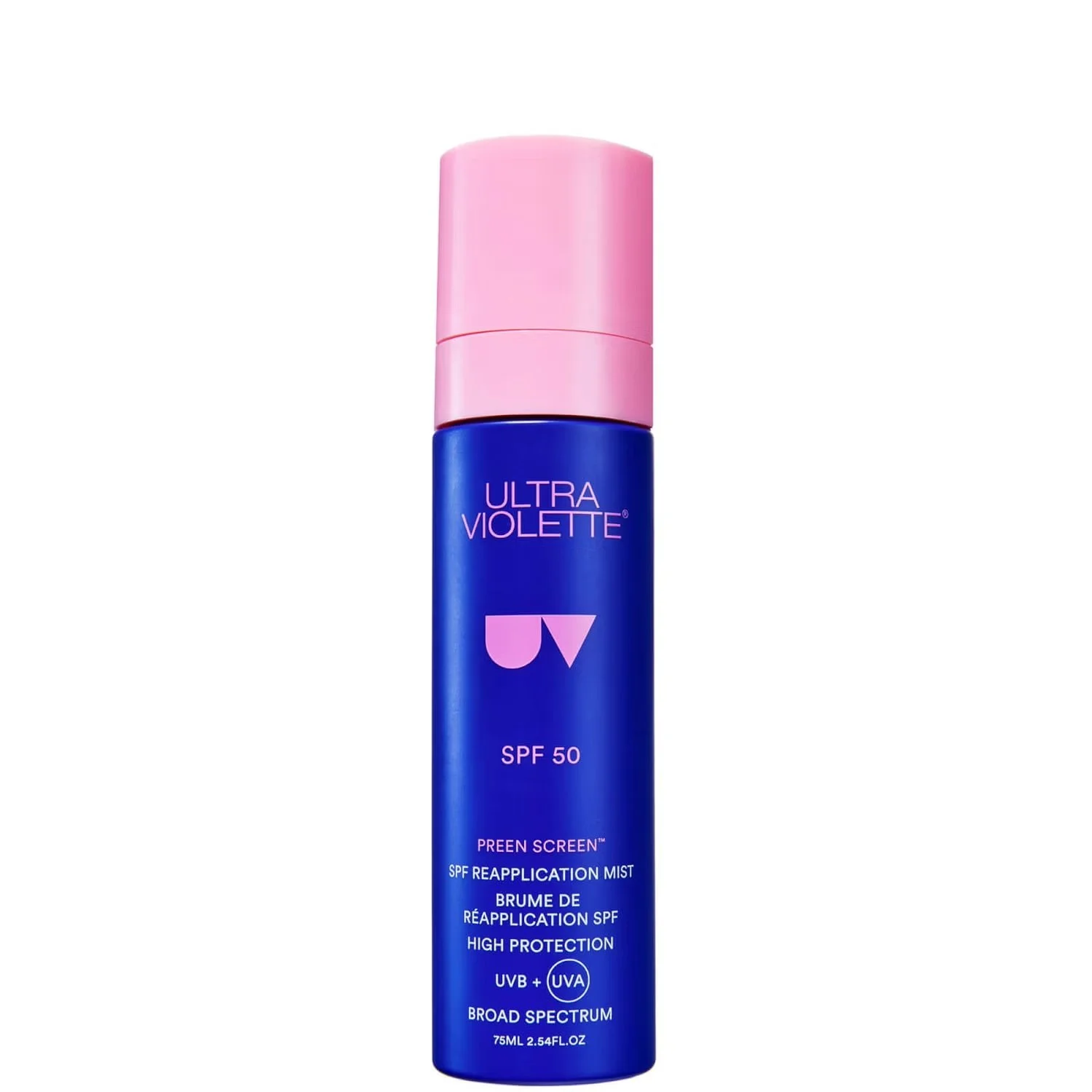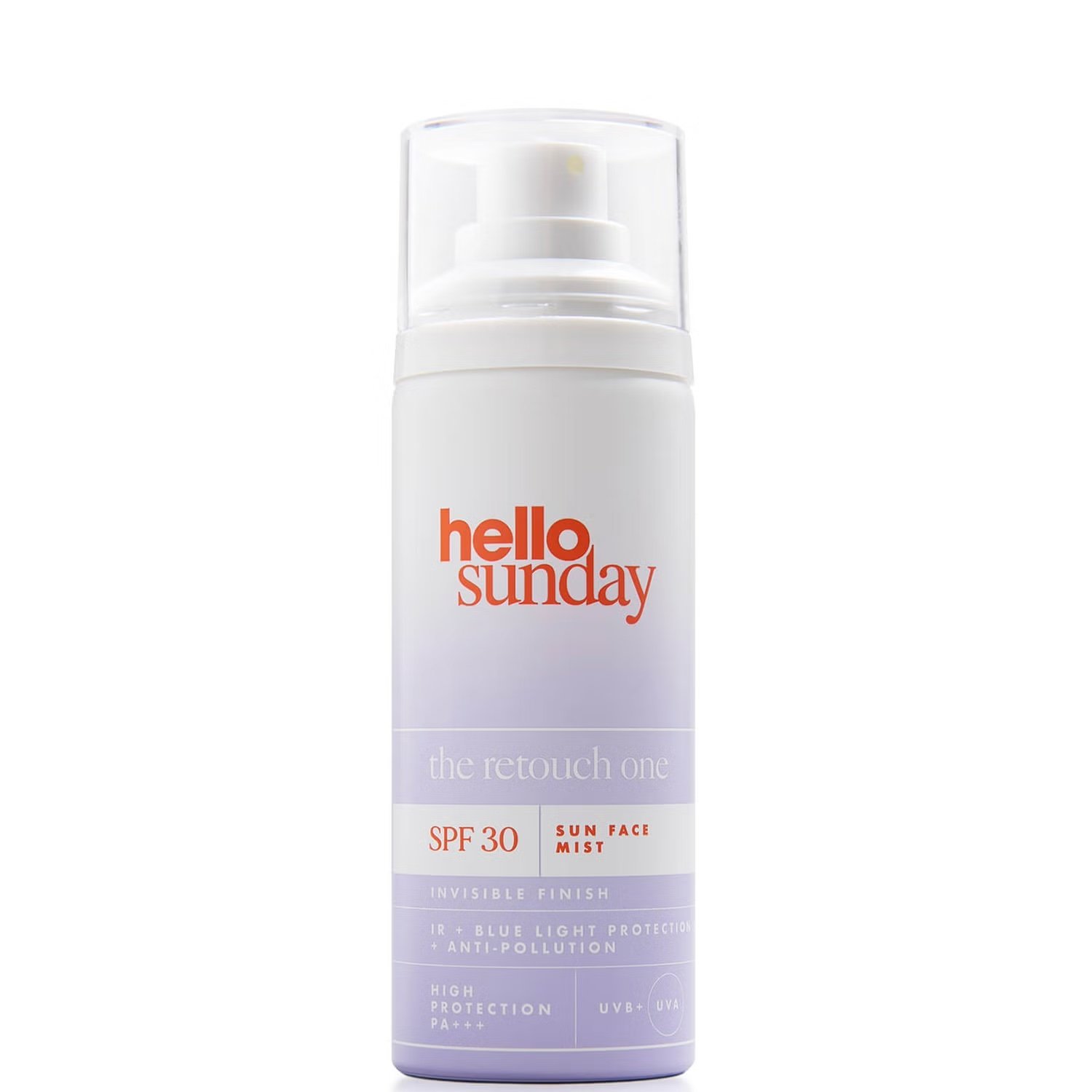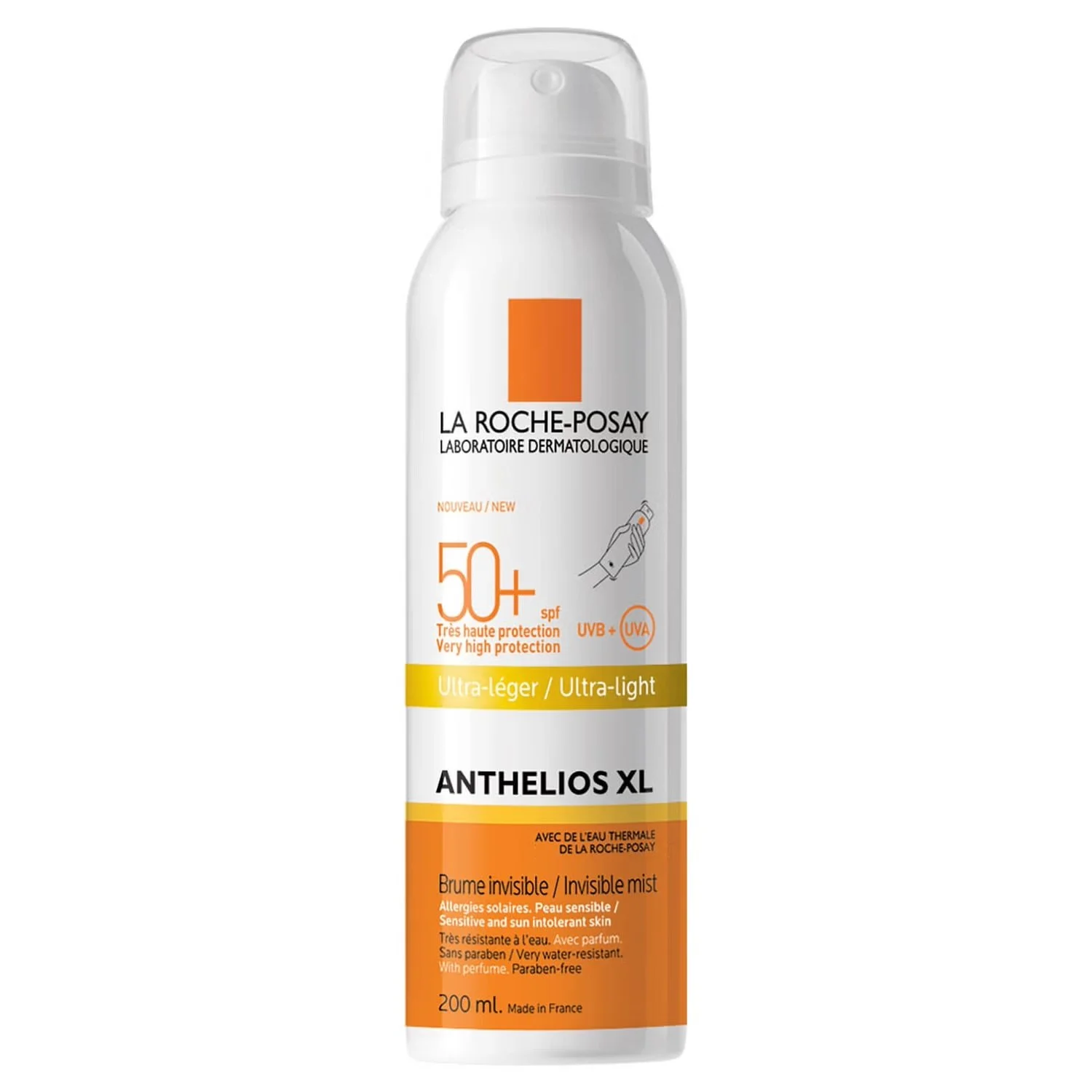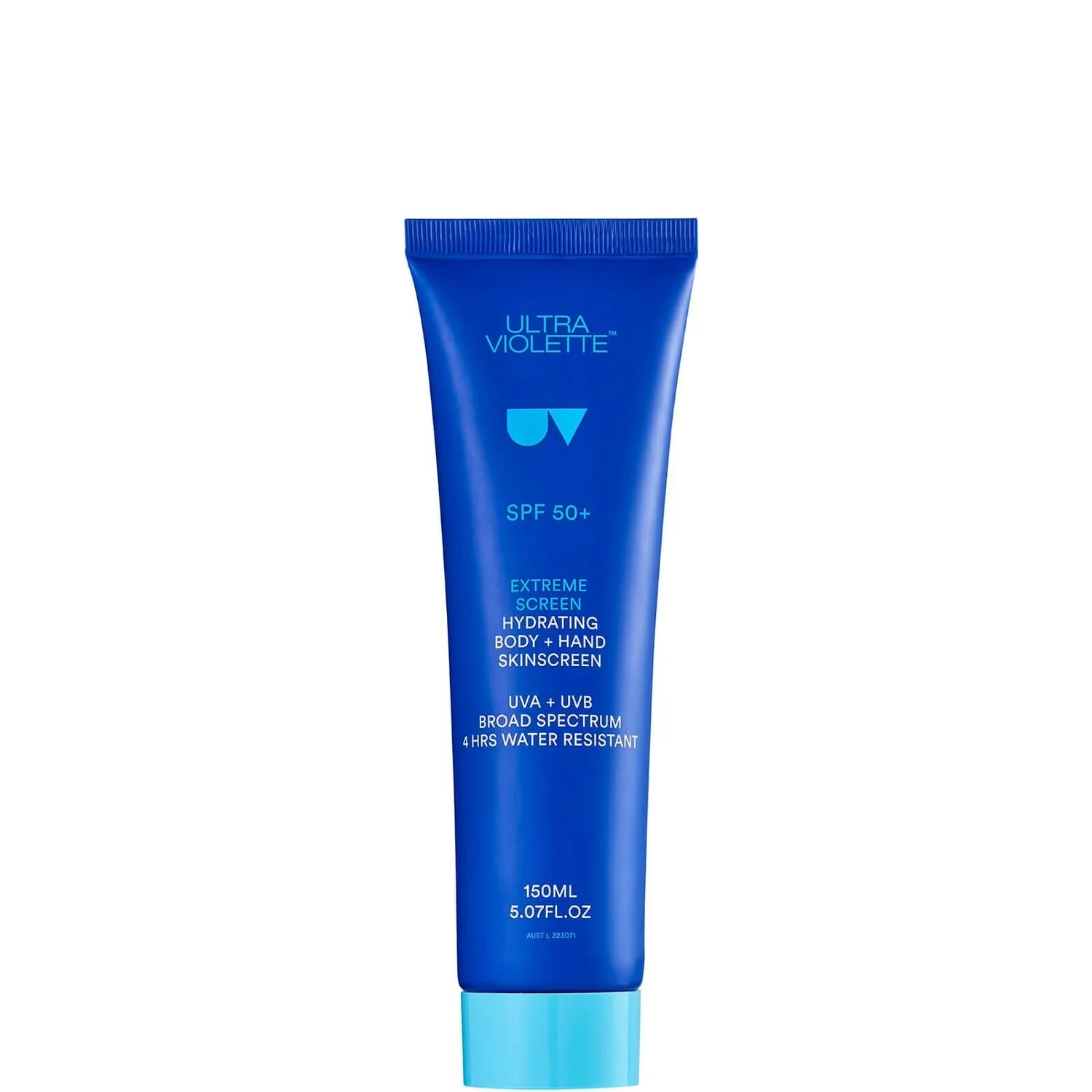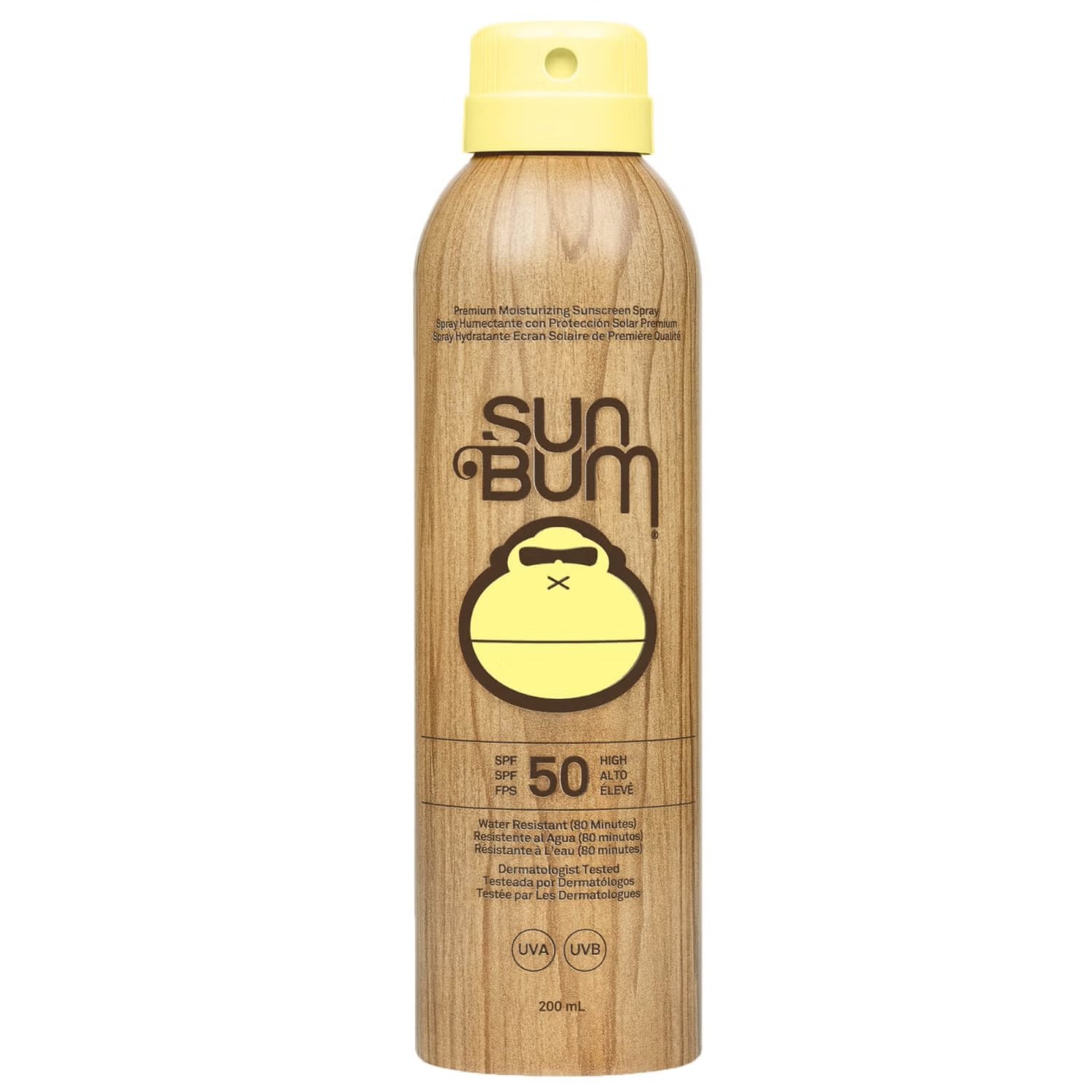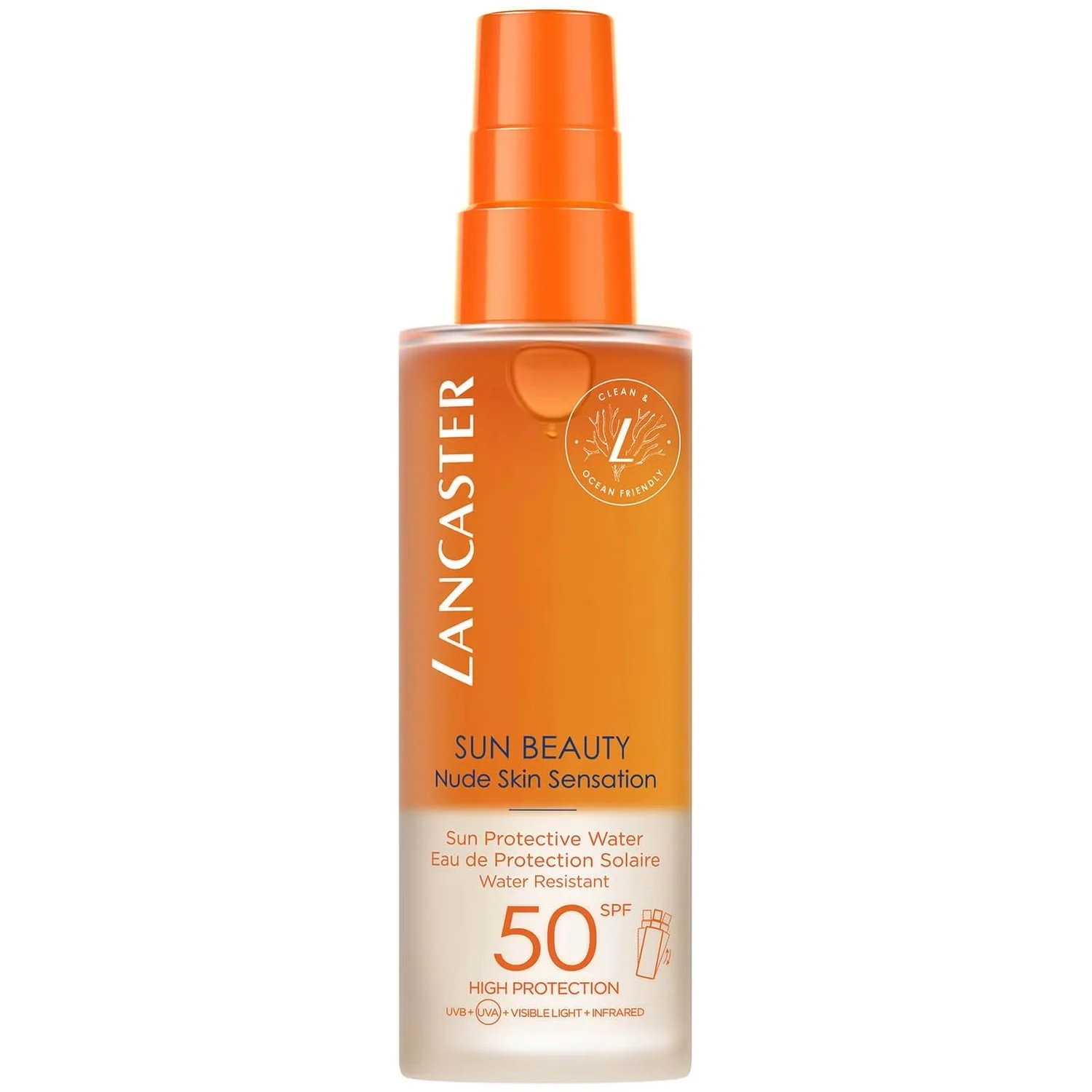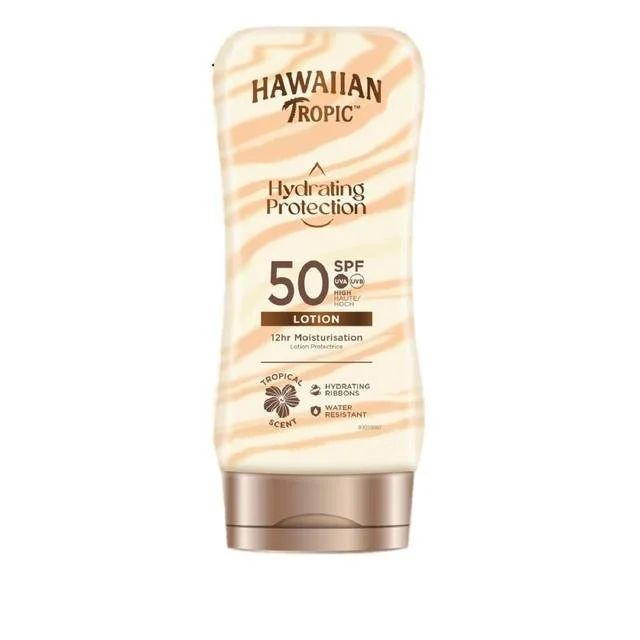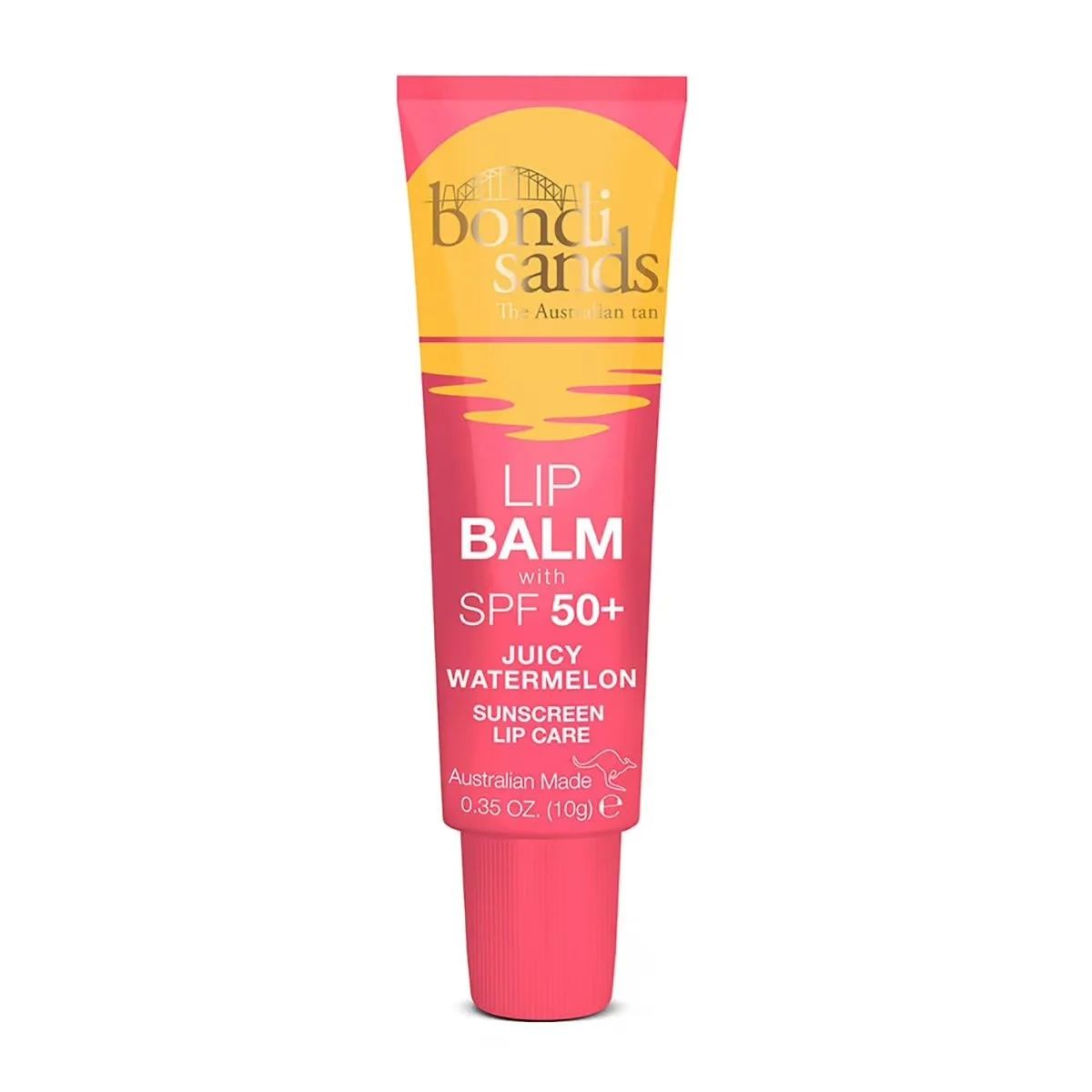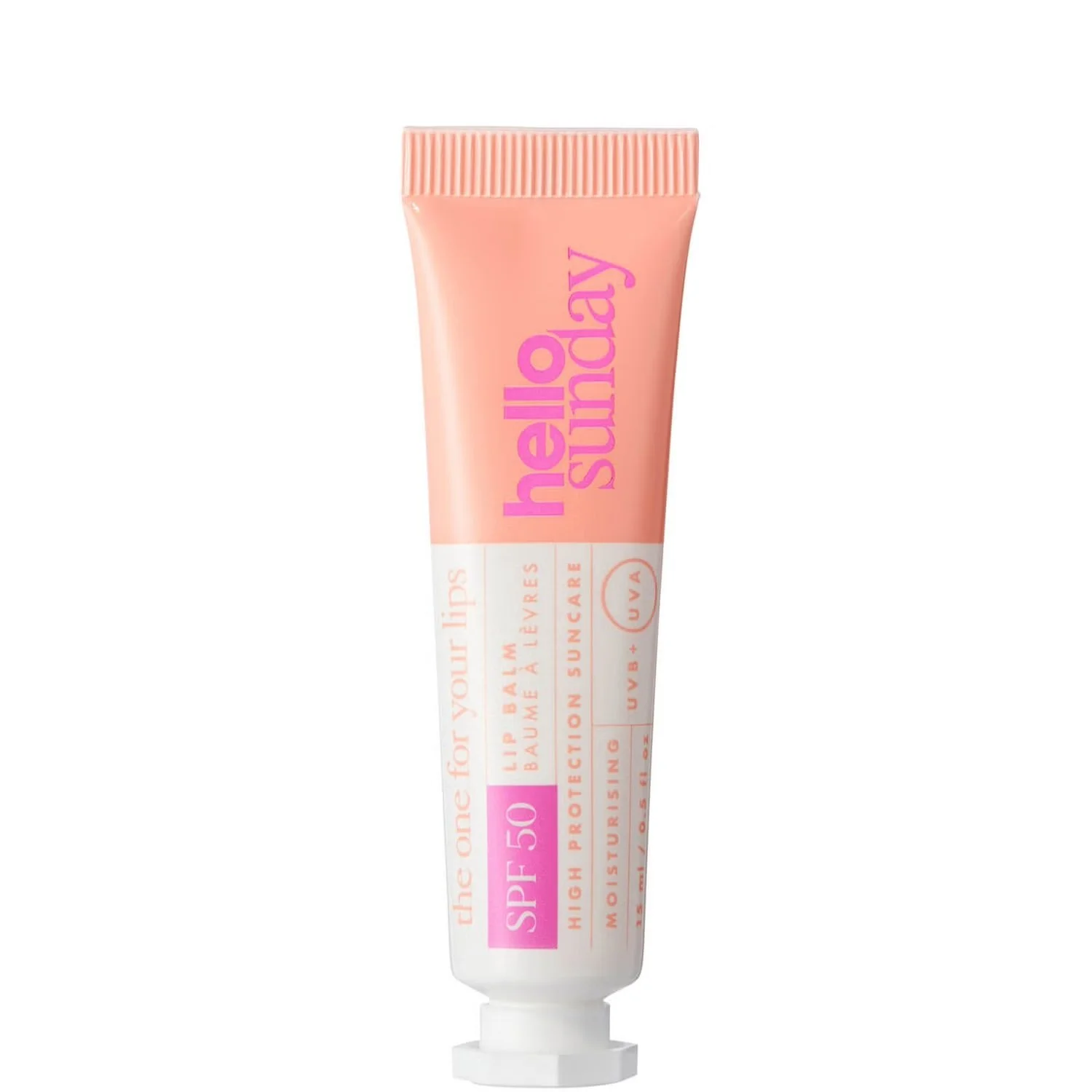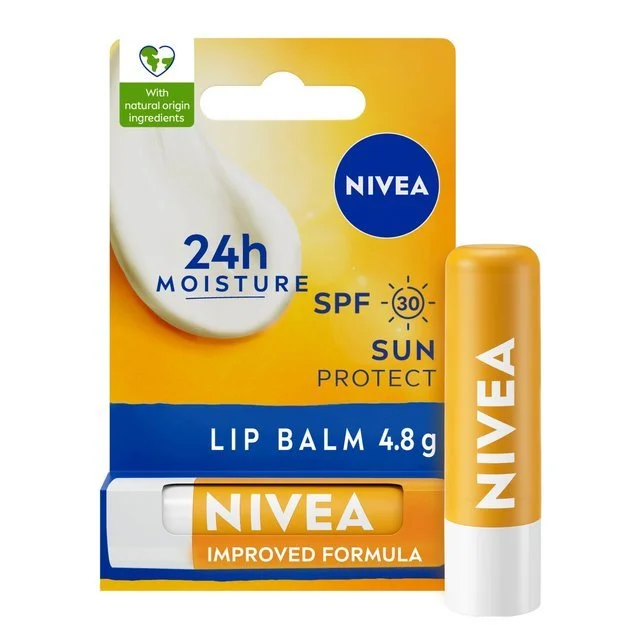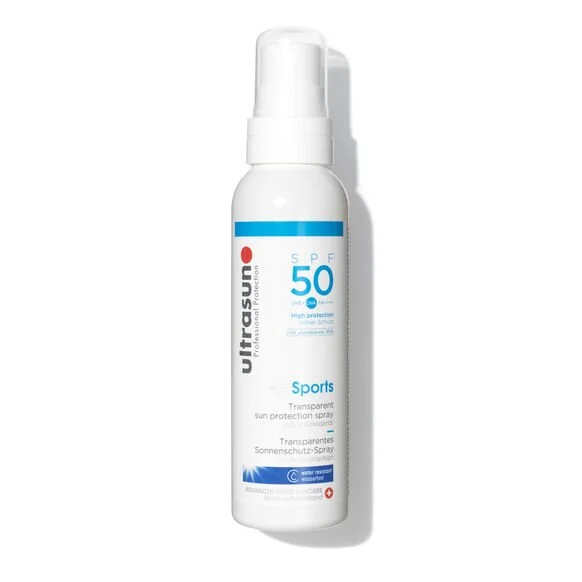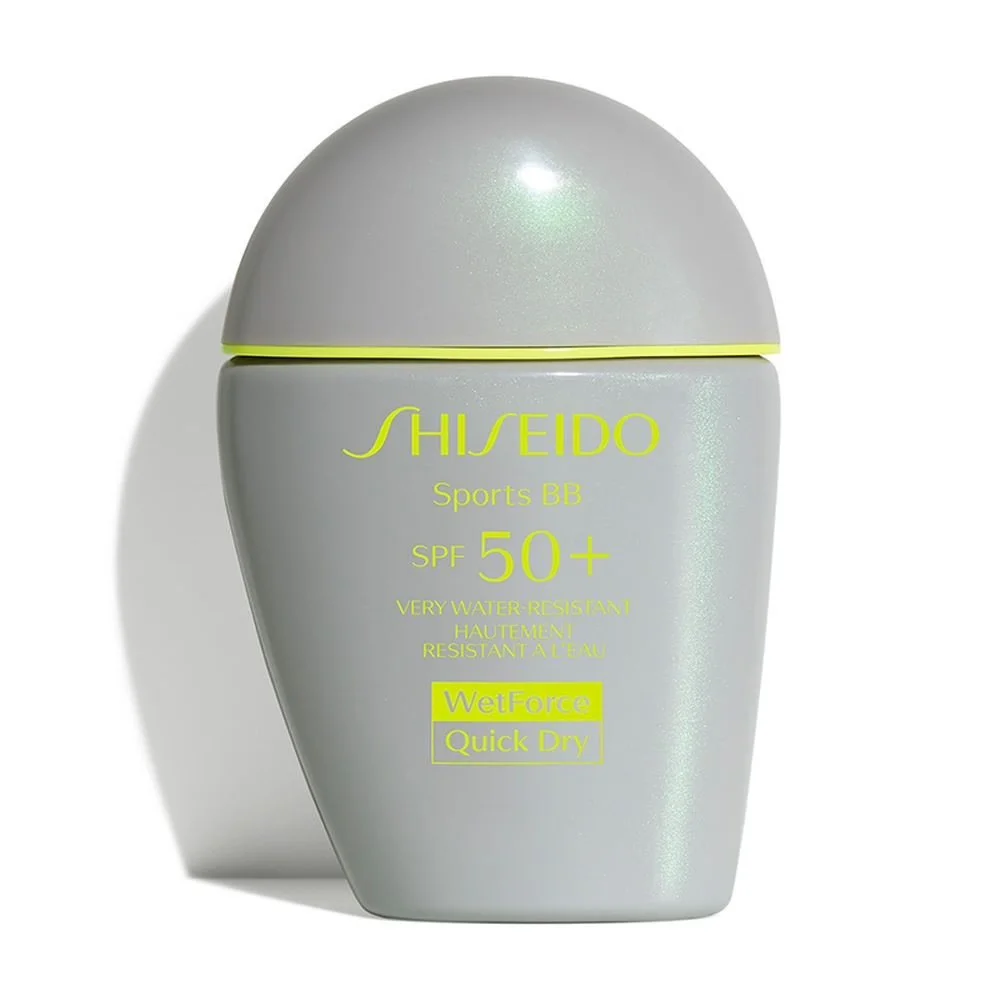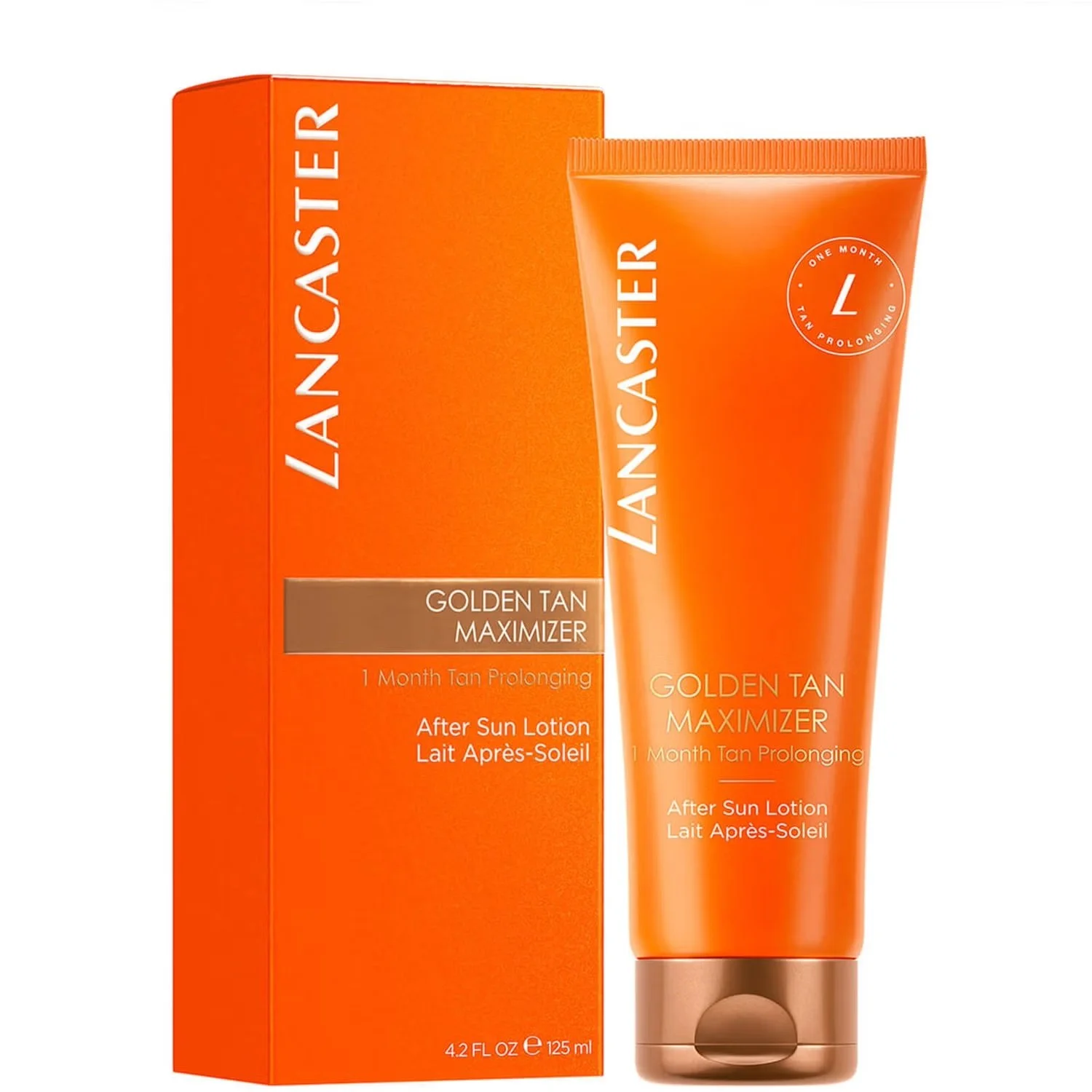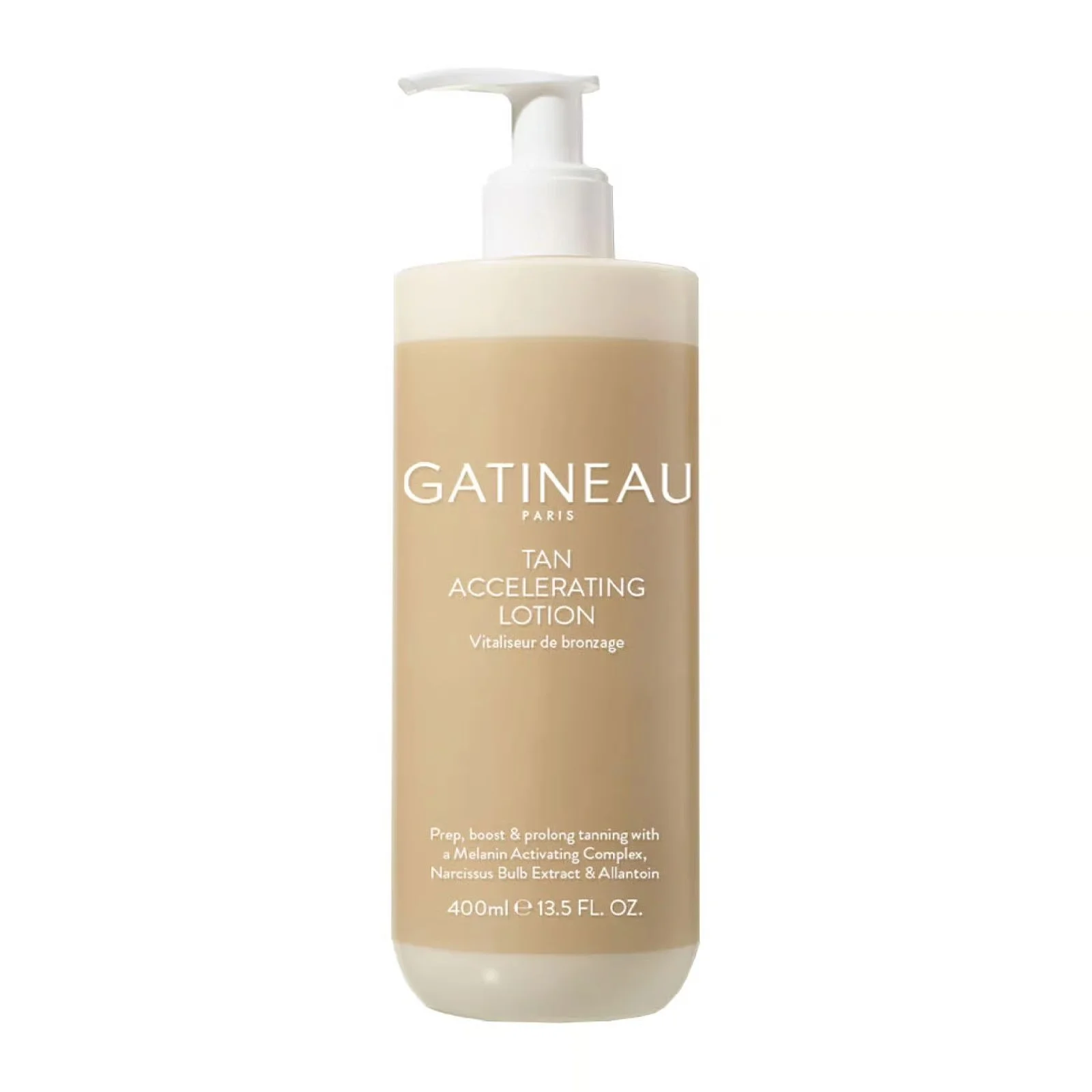My Ultimate SPF Edit
I know, I know. Our weather hasn’t exactly been great (rain, rain, go away), and a post about SPFs might have a few people side-eyeing me.
However, with skin cancer on the rise – in the UK, 1 in 4 men and 1 in 5 women will develop skin cancer at least once in their lifetime (scary) – and I will never stop talking about its importance. Come rain or shine, IT IS IMPERATIVE to wear SPF all year round.
And if there is ever any doubt in your mind that you can’t tan with SPF 50, please trust me when I say that I’ve just come back from (my favourite place in the world) Formentera, wore factor 50 every single day, and came back with a fabulous tan.
In this blog, I’m going to run through my favourites and how, when, and how much to use. Don’t let me catch you outside...
The simple rule is that you should run your SPF over two fingers, and that is the correct amount for your face. For the body, just cover it well. Don’t forget your feet and hands, and make sure someone reliable does your back, not a Theo ‘I’ll rub it in for 10 seconds and then give up’ Coyne. Oh, and remember your ears and your scalp too. These are easy to forget but burn quickly. Top tip for applying SPF for kids: use a foundation brush. You’ll have way more control.
What do the +’s mean on SPF?
The more +’s, the higher the UV protection. Simple.
What is the difference between mineral and chemical sunscreen?
The key difference is that mineral sunscreens sit on top of the skin and block rays at the surface using ingredients like zinc oxide and titanium dioxide, while chemical sunscreens absorb rays like a sponge.
Mineral Sunscreen
Also commonly referred to as physical sunscreen, mineral sunscreens use UV filters that sit on top of the skin, effectively blocking rays from penetrating the skin’s surface. This is good if you suffer from sensitive or acne-prone skin because the active ingredients, zinc oxide or titanium dioxide, tend to be well-tolerated by sensitive skin types.
However, mineral sunscreens do tend to be thicker, meaning they take longer to blend and can leave a white cast on the skin. Although this is becoming less and less of an issue as formulas develop.
Chemical Sunscreen
Chemical sunscreens tend to be lighter and blend into the skin seamlessly. Rather than blocking the harmful rays, they absorb them and convert them into non-damaging heat through a chemical reaction. This heat is then released from the skin.
Why do you need a separate SPF for your face and body?
Just like your skin and body creams, SPFs for each have different formulations. The skin on your face tends to be thinner and more delicate. It is also exposed to more environmental factors, meaning it needs extra skin-caring ingredients.
Does sunscreen expire?
Yes! When open, it lasts about 6-12 months. Unopened, it lasts for approximately 2 years. Although if your bottle lasts longer than 6 months, then you’re definitely not applying it every day.
Now onto my favourites...
Best For Face
These are my favourites to apply before makeup. I’ll list my favourite top-up SPFs below. PS: Don’t forget your SPF should be applied at the end of your skincare routine before your makeup. Here's my blog post on the order your products should be applied in case you missed it.
I only ever wear SPF50 on my face. Guys, it is the best anti-ageing tip out there. If you don’t wear SPF, your skin will, without doubt, age quicker. Here are the ones I love:
La Roche-Posay Anthelios offers superior UV protection with MEXORYL400, ideal for sensitive skin. This SPF 50+ formula is ultra-resistant to water, sweat, and sand, providing broad-spectrum protection. It's lightweight, invisible, and fragrance-free, ensuring no white cast. Recommended by dermatologists, it's also suitable for cancer patients undergoing treatment.
CeraVe is a brilliant, affordable brand. The AM Facial Moisturising Lotion SPF 50+ offers daily hydration with UVB/UVA protection. Suitable for normal to dry and acne-prone skin, it includes three essential ceramides to support the skin barrier. This fast-absorbing formula also defends against pollution and hydrates for up to 24 hours.
Medik8 Advanced Day Ultimate Protect is a daily moisturiser and SPF 50+ sunscreen in one. It shields against UV rays, pollution, blue light, and more, preventing wrinkles and dark spots. The formula includes photolyase to support skin repair and offers a non-greasy, invisible finish suitable for all skin tones.
I’m so happy this brilliant brand has finally jumped across the pond. This is a lightweight serum that helps to boost radiance and hydration, while subtle light-reflecting pearls melt into the skin for a dewy, radiant glow. Worn every day, the innovative sun-protecting and skin-perfecting fluid helps shield the skin from sun damage while refining your complexion with the cumulative anti-aging benefits of luxurious skincare.
Best SPF Over Makeup
With the growth in technology has come a growth in SPF mists. These are great if you’re out and about and want to top up your sun protection over your makeup. Although I would obviously state that the best application is a cream on naked skin, that you can really blend in. This isn’t always possible, so keep one of these handy sprays in your bag too.
Best Sunscreen For Your Body
I've got you covered whether you prefer a mist or a spray. Personally, I like to use a cream before I head to the beach. I really take my time applying it, usually before I get dressed, so I don’t miss a spot. Then I take a spray with me for throughout the day as I find these easier to apply on myself, plus the sand doesn’t tend to stick to them as much. Oh, and don’t forget to top up your SPF every 2-4 hours. Set yourself an alarm if you’re forgetful (or likely to have multiple margaritas)!
Best Sunscreen For Your Lips
I would not be without an SPF lip balm. Firstly, I suffer from the dreaded cold sores. And even though I take lysine religiously every day, the sun can still cause them to appear. SPF balms are the only things that tend to help. Even if you’re lucky enough not to be a cold sore sufferer, protecting your lips from burning and dryness is essential. These are the best SPF lip balms in the game, according to me!
Nivea Sun Lip Balm SPF 30 protects lips from UVA/UVB rays while moisturising for 24 hours.
Best for Sport
I do a lot of sports and love nothing more than a wild swim or a long cycle on a hot day. Using a standard SPF doesn’t tend to do the job when you’re sweating or immersed in water. But these babies do.
Hair SPF
So we’ve covered your entire body, face, and lips, but what about your hair? Yep, that’s right, don’t leave out the locks. Along with a hat, these are the best SPFs to protect your hair. Ps: If you can’t get your hands on any of these, your UV hair protector will also help to protect.
Tan Accelerating Lotions
These are brilliant to use as your body moisturiser after you’ve been in the sun to keep your tan glowing.
There you have it. My ultimate holy grail of SPFs. Please, please, please remember, protecting your skin from the sun’s harmful rays is an ESSENTIAL part of maintaining long-term health AND keeping your skin looking fabulous. Whether sunny or rainy, make it part of your daily routine!
Stay sun safe, always.
Love,
Lisa






